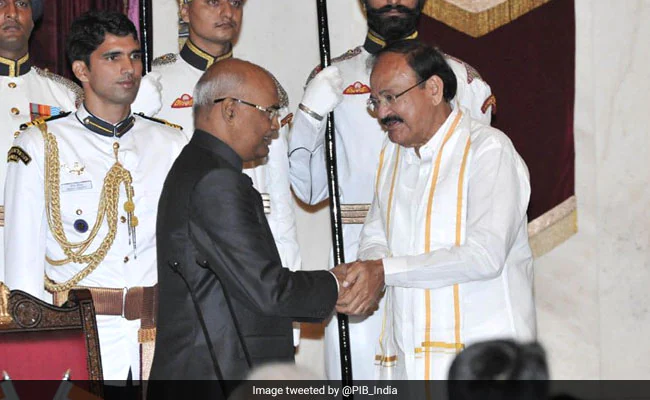Free Courses Sale ends Soon, Get It Now


Free Courses Sale ends Soon, Get It Now



Copyright infringement not intended
In News
President of India
Eligibility
Election of the President
Presidents’ Term of Office
Impeachment of President
Vice-President
Election
Qualification
The function of the Vice President
https://t.me/+hJqMV1O0se03Njk9
© 2024 iasgyan. All right reserved